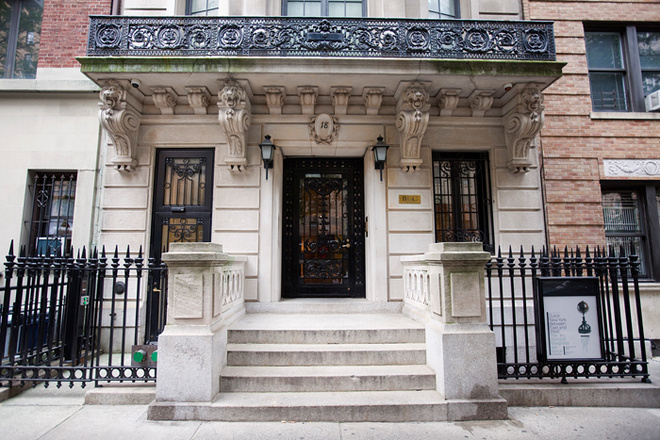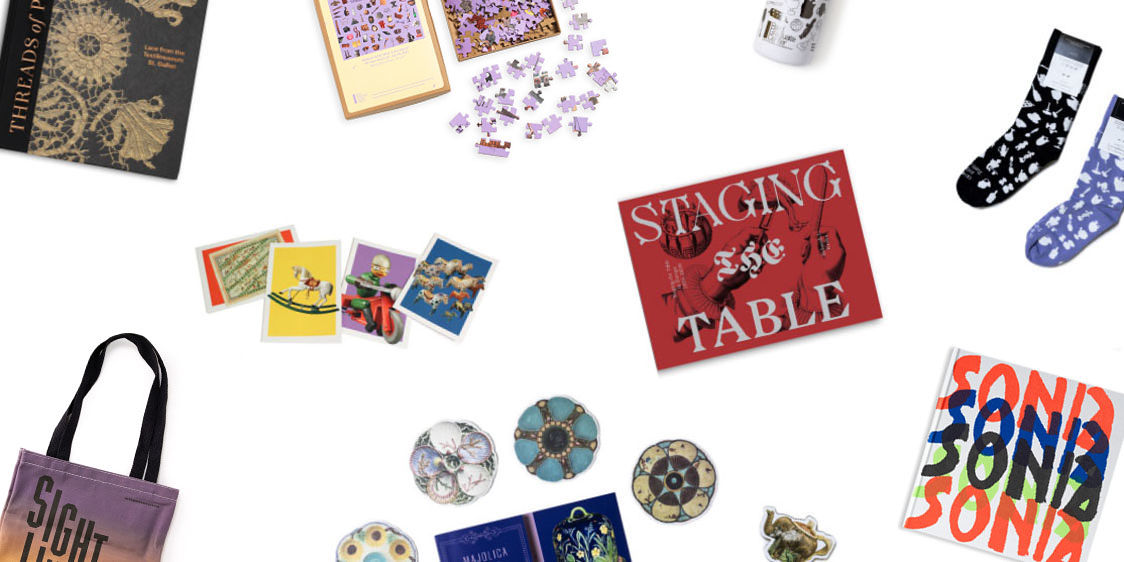Interview with Maggie Jackson — Visiting Fellow
Maggie Jackson (Visiting Fellow, October–November 2016) is an author, social critic, and independent scholar whose writings for the past two decades have explored technology’s impact on humanity. Her latest book,
Uncertain: The Wisdom and Wonder of Being Unsure (Prometheus, 2023), investigates the unexpectedly critical role that uncertainty plays in curiosity, invention, adaptability, and even resilience. A former
Boston Globe contributing columnist, her publications include
Distracted: The Erosion of Attention and the Coming Dark Age (Prometheus, 2008); “Catching our Eye: The Alluring Fallacy of Knowing at a Glance,” in
The State of the American Mind: 16 Leading Critics on the New Anti-Intellectualism (Templeton Press, 2015); “Of Molly’s Gaze and Taylor’s Watch: Why More is Less in a Split-Screen World,” in
The Digital Divide: Arguments for and Against Facebook, Google, Texting, and the Age of Social Networking (Tarcher/Penguin, 2011); and hundreds of essays and articles in media worldwide, including the
New York Times,
NPR,
Utne Reader, and
Gastronomica. She has received numerous media awards and was the 2014 Scholar-in-Residence at the Center for Art in Wood (Philadelphia). She holds a BA from Yale University and a graduate Diploma in International Politics (with Distinction) from the London School of Economics.
Your research and writing explore technology’s impact on humanity. Tell us a bit about your background and how you got interested in this topic.
I have spent my career connecting ideas, cultures and questions in order to inspire, foretell and provoke. While serving as a foreign correspondent in Tokyo and London, I covered issues and events from revolutions and political summits to the arts. Returning from abroad in the early 1990s, I deepened my focus on social trends, most particularly the changing nature of humanity in the digital age, while serving as a columnist for the Associated Press and later for the
Boston Globe. My writing, then and now, has been driven by the conviction that diverse, humanist and skeptical voices should be heard if we are to better understand and wisely guide technology’s impact on our lives. These interests have inspired my books: the first, on the nature of home at a time when this concept is increasingly porous and permeable, the second, on the fragmentation of focus in the digital era and the science of attention; and finally my work-in-progress, on the interplay between workmanship and reflection.
What attracted you to the Bard Graduate Center fellowship?
While greatly valuing my freedom as an independent scholar, I must, as a playwright once noted, depend on the kindness of strangers to carry out my work. In recent years, I have served as a scholar-in-residence at the Center for Art in Wood in Philadelphia and at the University of Arkansas, and as a member of the New York Public Library’s Manhattan Research Library Initiative. But Bard Graduate Center’s important holdings and inspiring seminars often have provided a crucial ongoing resource during the gestation of my new book. The Fellowship attracted me as a way to interact more closely with BGC’s study materials and its intellectually open community during the final stages of my writing and research. I applied seeking to ask questions, be challenged and be exposed to very different points of view, all hopes that have been realized beyond my expectations, thanks to the generosity of all at BGC.
What is the focus and result of your research here?
My forthcoming book explores states of not-knowing, such as creative reverie, ambivalence, and productive dissent, which are essential to excellence in craftsmanship and to problem-solving of all kinds. The work, I hope, will deepen an emerging conversation on the nature of making and knowing by investigating uncertainty in its many guises as a skill-based practice and by shedding light on a cognitive state that is often treated in many parts of our culture as weakness and deficiency. During my time at BGC, I have completed one chapter and begun another, while continuing both my research and interviews with makers, scientists and others.
My conversations with Peter Miller, Andrew Morrall, Ivan Gaskell, Abby Balbale, Daniel Lee, Malcolm Baker and others, along with the questions that I received after my October talk, have greatly expanded my evolving ideas on my book project. .
What are your goals after the fellowship ends?
I will be completing my book, and hope very much to stay connected to Bard Graduate Center and deepen my study of material culture. In addition, I hope to pursue global opportunities to creatively connect the sciences and the arts, while continuing to explore adventurous responses to technology’s impact on humanity. Taking risks and asking questions will remain my aim.
Advice to young researchers/students deciding a career path?
Be open to twists and turns, not only in a course of study but during an unfolding career. Relish the discomfort and turbulence as well as the joys and discoveries of the intellectual journey.












